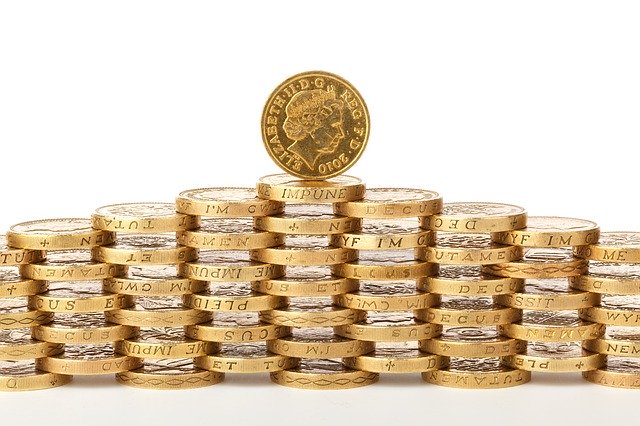You don’t have to be an expert to manage your money well. All you need is some common sense and a few strong financial management ideas to get you on the right path.
A good credit rating will earn you a lower interest rate on large purchases, such as a home or new car. Payments and interest rates are what will be a huge part of your expense each month. Pay them more quickly by paying extra or taking your tax refund and paying more on your balances.
Your credit score might even dip a bit when you first start working on it. This can happen without any errors on your part. Once you consistently add some positive info to your credit record, your score will begin to increase little by little.
Credit Card
Stop buying things with your credit card if you cannot pay it off. Avoid charging things to your credit card by finding another way to pay for your expenses. Pay off your monthly balance before you start using your credit card again.
Get rid of unwanted items and make a little money by having a yard or garage sale. Also, ask your neighbors to see if they have items that they would like to sell. Garage sales offer limitless opportunities for creativity.
Try using free checking accounts. Look into local community banks, online banks and credit unions.
You can’t repair your credit without getting out of debt! The best way to do this is by paying off all your loans and looking for ways to budget your money. For example, you might want to eat at home instead of going out, even on the weekend. Packing your lunch and avoiding weekend outings can result in great savings, and anyone who really wants to improve their credit should be willing to do so.
A credit card is a good choice over a debit card. Once you’ve been approved for a card, try to use it for your daily purchases, like groceries and gas. You’ll earn points or cash back on those purchases when you use a rewards card.
Avoid incurring large debt through student loans, unless you are sure you can handle it in the not too distant future. Going to an expensive private school while unsure of your major or what career path you’re going to take, may mean that you end up in permanent debt.
Paying Bills Late
Pay the utility bills for your home on time each and every month. Paying bills late will destroy your credit. In addition, late fees will end up costing you an arm and a leg. Avoid the troubles that are associated with paying bills late by always paying your bills in a timely manner.
Learn about and use flexible spending accounts wisely. If you incur medical costs, or have a child that you pay a daycare bill, a flexible spending account can save you money. Flexible spending accounts are pretax monies put aside for medical and daycare expenses. As some conditions are usually attached to these accounts, be sure to consult a tax professional.
If you know what your things are worth, you will be able to prevent someone throwing something away that is worth money. A valuable antique may still end up being sold, but it will garner significant rewards if its value is accurately assessed before it leaves the home.
Over time, it’s possible you will have issues with financial problems even if you have planned carefully. It is valuable to be aware of the amount of late fees, as well as the grace period, if any, you may have available to you. Consider all your options before choosing a lease.
Due Dates
Notate each upcoming monthly payment on a wall calendar. This makes it easy to keep track of due dates, billing periods and other expense information. This method will allow you to be aware of your payment due dates, regardless of whether or not you get a statement in the mail. This can help you budget better and avoid late fees.
Look for ways to cut corners to save money in any way possible. Instead of shopping at a store because the location is convenient, compare prices at several stores before making a decision. Don’t be afraid to switch out your favorite brands for something that’s on sale.
Keep a record of your spending habits. Once you have this record in hand, create and follow a budget that takes your spending needs into account. Look for areas in your budget where you are spending too much. Not knowing the areas where you throw money away will leave you chronically in a financial hole. Getting a computer program to manage your finances can make things less stressful for many people. Any money left can go towards paying off debt or getting deposited in a higher-yield savings account.
Taking small steps towards growing your personal finances can add up quickly. Forgo that daily stop at the cafe and make your own coffee instead. This simple change can save you several dollars every week. Save money on gas by leaving your car at home and taking the bus. You might be able to save a few hundred dollars a month this way. This money will accumulate and you can use it for your retirement fund or for a good investment. That will certainly be worth more to you than a cup of java.
It should now be apparent that everyone can become wealthier, learn to spend less than is being earned, and develop an effective financial plan. Just take these tips to heart and put them to use to build your skills to budget, pay off debt and save for a rainy day.





